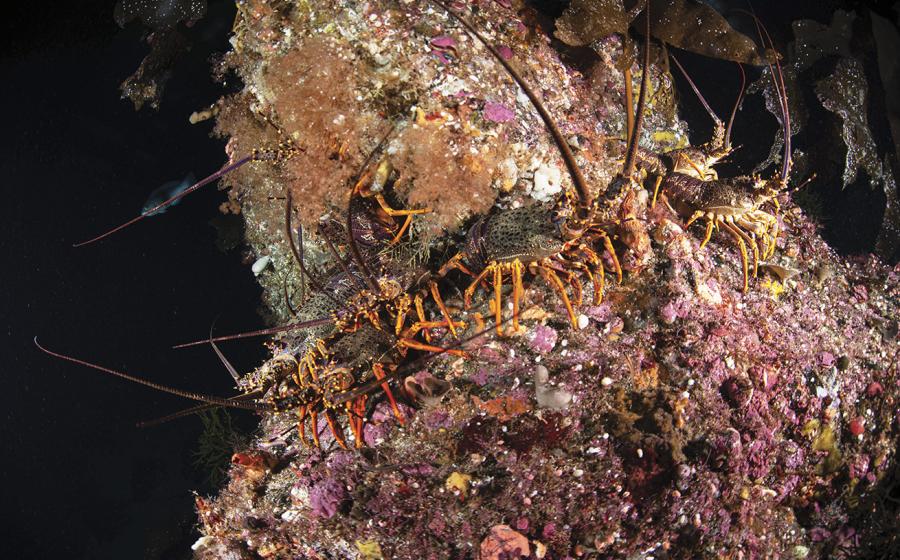Do Fish Play? Evidence Says, Maybe

ShutterstockJuvenile green file fish playing in soft coral.
New scientific evidence suggests that fish like to play in the same way that puppies, humans and other species do. Further studies are needed to confirm the hypothesis. Does that mean we’ll be playing “Go Fish” with our goldfish? Not quite.
For humans, play is essential to health in the developing mind, Eastern Michigan University senior Sofia Eisenbeiser said. Researchers have studied and acknowledged that mammals like to play for a long time. More recently, the instinct to play also been discovered in birds, added Janice Albers, a fisheries and wildlife doctoral student at Michigan State University.
Now, as scientists experiment to measure other creatures’ capacities for play, Eisenbeiser, who studies both neuroscience and philosophy, took an evolutionary and philosophical approach: “We were fish once, in a manner of speaking. Is it possible that this requirement for enriching environments has existed from the time we had gills?”
She queried whether fish play – intrigued by the implications that such a finding could have.
Fish are of “less interest” to the scientific community when it comes to studying something that may coincide with intelligence, the study’s author said. Indeed fish’s ability to feel pain was only discovered and acknowledged within the last 10 years, Albers said. Nevertheless, Eisenbeiser believes that fish may be more advanced and capable of mental processes like play than they receive credit for.
To test her theory, Eisenbeiser shone red, green and blue lasers into fishtanks, analyzing any changes in behavior. She tested over 66 species of fish. Many behaved in a cat-like manner, chasing the laser beams around their tanks. About 90 percent of the fish were interested in laser beams, and more than half preferred the red-colored beam, Eisenbeiser found. She published her study, “Gills Just Want to Have Fun: Can Fish Play Games, Just like Us?” in the journal Animals.
So, does that qualify as playing? Eisenbeiser thinks so.
Using criteria from a 2014 study out of the University of Tennessee on fish playing with thermometers, behaviors qualified as play if: * They didn’t contribute to immediate survival; * They were voluntary and spontaneous; * They were repeated; * They mimicked a real behavior but were somehow incomplete – like play-fighting in puppies; and * They were performed when the animal wasn’t stressed by things like hunger, competition or fear of being eaten.
Eisenbeiser found it “possible, but not definitive” that all these criteria for play had been met by the fish reacting to laser beams. However, she couldn’t rule out that the fish may have felt like the lasers were a threat, which would disqualify the first criterion. She concluded, therefore, that there wasn’t enough evidence to conclusively say the fish were playing.










